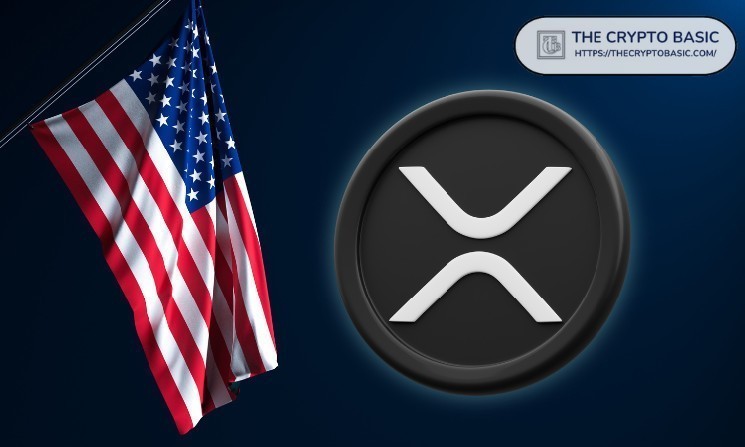Newsmax host Carl Higbee recently discussed how cryptocurrencies like XRP could help eliminate the US government's massive $37.8 trillion national debt.
Speaking live, Higbie highlighted the risks of centralized systems and the resilience of blockchain-based solutions, citing the recent Amazon Web Services (AWS) outage that disrupted operations at major companies such as Apple, Delta Air Lines, Coinbase, and Xbox.
From cloud outages to blockchain reliability
Higbie said the AWS disruption exposed vulnerabilities in America's digital infrastructure. He emphasized that a single line of code flaw led to shutdowns in multiple industries.
XRP could help wipe out US debt
Higbie took his analysis a step further by presenting a thought experiment. He argued that if the U.S. Treasury had invested just $348 in Bitcoin when it launched in 2009, it would now be worth about $37.8 trillion, enough to clear the national debt.
Although that opportunity is long gone, Higbie extended the idea to XRP, which is currently trading at around $2.40.
He suggested that if the U.S. government allocates a portion of its annual tax revenue (approximately $1 trillion) to XRP, the asset's market capitalization could increase dramatically.
Higbie estimated that such a move could increase XRP's value eightfold and theoretically generate $8 trillion in profits, enough to significantly reduce the country's debt burden.
Interestingly, Higbee suggested that the government could repeat this process several times to maximize profits.
“The government could dump it, cause the market to crash, and buy it right back. Try again and pay off the national debt on Saturday,” he said.
$XRP mentions US debt repayment on 'Newsmax' pic.twitter.com/bTxHfw2KFk
— KINGVALEX (@VALELORDX) October 27, 2025
Strategic advantages of cryptocurrencies
Meanwhile, the Newsmax host emphasized that cryptocurrencies like XRP cannot be manipulated by governments or banks in the same way as fiat currencies.
He argued that the United States could gain influence by directly participating in the cryptocurrency market without relying on the central bank or the Federal Reserve's money-printing mechanisms.
He quoted Ronald Reagan's famous line. “If it moves, we should regulate it, if it stops, we should subsidize it, and if we can't do either of those things, we should ban it.”
Therefore, Higbie added, blockchain introduces a “fourth option” for governments to become what they are trying to control.
Although Higbee's comments are speculative, they reflect a growing discussion among media members and analysts about how digital assets like XRP have the potential to reshape national finances.
As the United States continues to face rising debt and changes in the global economy, many are seeing blockchain-based currencies not only as an investment but also as a tool for macroeconomic reform and stability.
Industry leaders like VanEck's Matthew Siegel also suggested earlier this year that Bitcoin could help wipe out the US government's $14 trillion in debt.
Ultimately, in Higbee's view, cryptocurrencies could help America “reset the system” and restore economic independence, turning digital innovation into an economic advantage.

